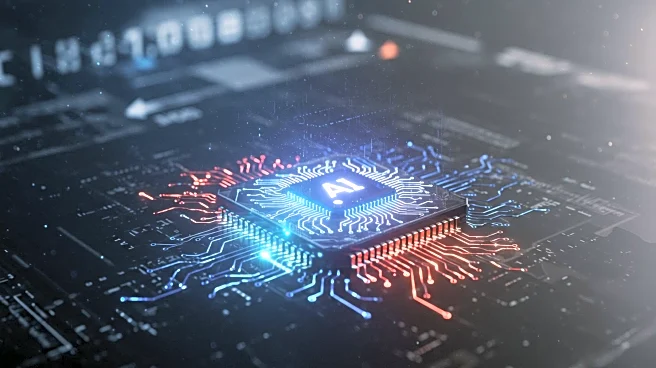What's Happening?
Recent court orders indicate a growing acceptance of AI and GenAI technologies in eDiscovery workflows, emphasizing transparency and defensibility. A webinar scheduled for September 4th will explore these developments, including the case EEOC v. Tesla, which is among the first to approve GenAI for attorney responsiveness review. The session will cover AI/GenAI disclosure requirements, validation methodologies, and transparency practices to avoid 'black box' challenges. It aims to provide practical insights from court orders to ensure AI-powered eDiscovery processes meet judicial standards.
Why It's Important?
The integration of AI and GenAI in legal processes represents a significant shift in how courts handle eDiscovery. This development could streamline legal workflows, reduce costs, and improve efficiency in handling large volumes of electronic data. However, it also raises concerns about transparency and the potential for 'black box' challenges, where the decision-making process of AI systems is not fully understood. Legal professionals must adapt to these changes and ensure compliance with evolving standards to maintain the integrity of legal proceedings.
What's Next?
As AI and GenAI technologies become more prevalent in legal settings, ongoing education and adaptation will be necessary for legal professionals. The upcoming webinar offers an opportunity to learn best practices and ensure compliance with judicial standards. Future court cases may further define the role of AI in legal processes, potentially leading to new regulations or guidelines. Legal firms and technology providers will need to collaborate to develop solutions that address transparency and defensibility concerns.










